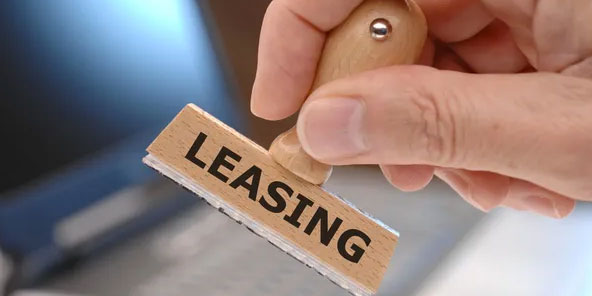In terms of how it operates, a corporate trust is not dissimilar from a personal or family trust. It's a tool for handing over the management of a trust's assets to someone other than the grantor. A business trust is a legal entity that holds the rights to an individual's share or interest in a firm, as opposed to a personal trust, which often maintains assets such as money or property. The legal entity that "owns" a firm can be a business trust.
One or more people can benefit from a business trust. A company's ownership structure can include a single trust, entity, or several. Since trusts enjoy a unique set of legal privileges unavailable to individuals, they are typically utilized for tax and liability purposes. However, the particulars of these laws can differ from one state to the next.
How Does a Business Trust Work?

A trust is an arrangement in which one person or organization (the trustee) is given the legal authority to control and administer property or assets for the benefit of another (the beneficiary).
A trustee runs and makes decisions for an enterprise on behalf of the trust's beneficiaries. The trustee, a company, or an individual (including the business owner) can be given the power to pay out profits and transfer assets.
As long as they are not the only beneficiary of the trust, a business owner can serve as the only trustee of the trust that owns the business. Investors and stockholders are typical beneficiaries of a company's trust. The business owner's heirs may benefit if the family owns the company.
Kinds of Business Trust
The IRS recognizes the following categories of business trusts from which business owners might select:
1. Grantor Trust
Trusts are established, assets are transferred, and the grantor manages beneficiary distributions. The grantor of this sort of trust retains all decision-making power and control. Furthermore, no distinction between the grantor and the grantor trust is made for tax purposes. The income of the trust is subject to taxation by the grantor.
2. Simple Trust
All income generated by the trust's assets must be transferred to the beneficiaries under a simple trust, but the trust's principal is off-limits. Giving to charity is likewise not permitted for simple trusts. Income received by a beneficiary from a trust is subject to taxation. A simple trust must submit a tax return and can claim deductions for certain costs. If a trust is not considered "simple" by the Internal Revenue Service, it may be categorized as "complex."
3. Complex Trust
Trusts that meet the legal definition of "complex" can legally do more than only hold assets for the benefit of beneficiaries and pay out income to beneficiaries. In the same way as simple trusts must report income and costs, so must complicated trusts.
Business Trust: The Pros and Cons

A business trust has both positive and negative aspects. Protection from legal responsibility is the main benefit. Business trusts are established for the same reasons as an LLC or corporation: to shield the beneficiaries from personal responsibility for the trust's assets. In addition to their obvious privacy and distribution benefits, business trusts are useful because they are simple to establish and amend.
On the other hand, business trusts can be time-consuming and costly to uphold. You'll need a lawyer's help to establish a trust, and you may decide to keep using that lawyer's services for as long as the trust is in effect. This is only sometimes straightforward because there are several legal compliance hurdles that corporate trusts may have to overcome. Furthermore, a company trust's average lifespan is 99 years, making multi-generational agreements difficult to implement.
Operation Of A Business Trust
When you set up a company trust, what exactly are you doing? Let's begin with some potential assets for a company trust. The business trust should have primary signatory authority over all contracts entered into on behalf of the firm (including the operating bank account). What other assets your business trust holds is entirely up to you after that. However, you should think twice before putting company vehicles and equipment in the name of the business trust. The alternative is for the business trust to own the corporation that controls the assets in question. The key is to consider how you choose to handle trust risk while making this choice.
The trustee is responsible for managing the company's day-to-day operations. Some of these responsibilities may be assigned to other business trust's management team members. However, the trustee acts similarly to a corporation's president or manager of an LLC regarding day-to-day operations.




